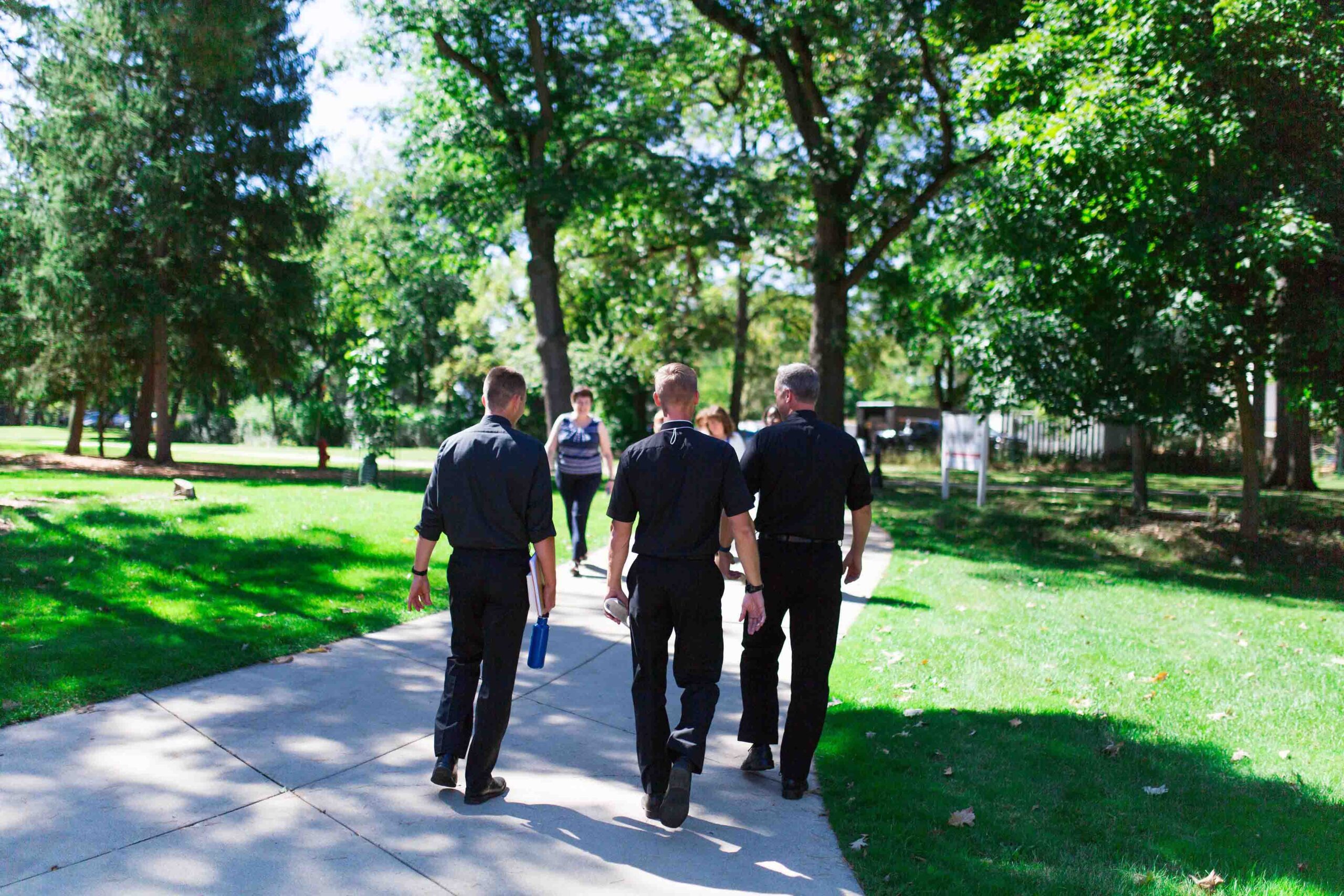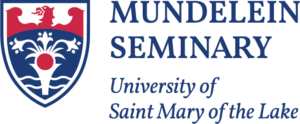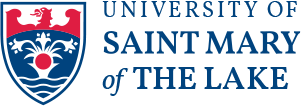

Discipleship
Mundelein Seminary offers a two-year discipleship program. It is designed for those college graduates who need to make the transition into seminary life and to acquire the necessary academic courses in philosophy and religious studies.
Students in the Discipleship program are full-time members of the Mundelein Seminary community. They pursue either a certificate or Masters of Arts degree to prepare them. Individual rooms provide space for study, reflection and prayer. Their group living provides the base for mutual support and interaction. Students participate in one of two mission trip options: an international Catholic Relief Services Global Fellows Trip or a mission trip within the United States. From the experiences shared with the poor and marginalized, the men will be called to live the love of Christ expressed in their prayer and theology.
The Discipleship Academic Program
The study of Philosophy is important not only as a preparation for Theology but also as a needed element in the life of those who would accept leadership in the Church of the twenty-first century. Critical reflection helps focus the issues of a complex world and sharpen the wisdom of the preceding ages. An understanding of the culture and ideas of the world today strengthens the priest’s ability to preach the gospel and to clear the path for God’s invitation to faith. The Pre-Theology program provides thirty-three semester hours of philosophy: The History of Philosophy (Ancient, Medieval, Modern, Contemporary), as well as courses in Logic, Metaphysics, Epistemology, Anthropology, Philosophy of Nature, Natural Theology and Ethics. In addition there are nineteen semester hours in religious studies. The Pre-Theologians will study Latin, and Greek (optional two semesters) as well as an offering in the humanities. There will also be opportunities for the study of Spanish, both language and culture. A limited selection of electives, depending on the student’s interest and time, is available. They pursue either a certificate or Masters of Arts degree to prepare them for theology.
Formation
For More Information, Contact:
Rev. Jacque Beltran, D.Min., S.T.B
Vice-rector/ Director of Admissions
Phone: 847-970-4951
Email: jbeltran@usml.edu
